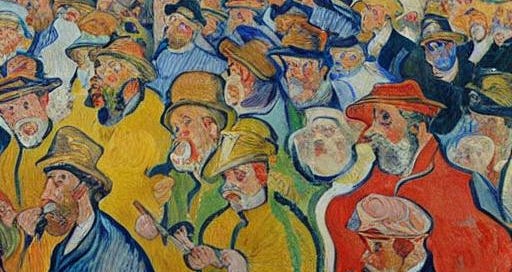EO + WD + The Hollywood Writers Strike
Three insights from political science on the Writers Guild of America's labor action

In this week’s episode of Plain English, Derek Thompson breaks down the Writers Guild of America strike. It’s worth a full listen:
At risk of applying the same hammer to every nail, three EO+WD related thoughts occurred to me as I listened:
First, one way to look at the strike is as an argument about how to split revenues from TV shows between the owners of studios and their writers. What if there weren’t a distinction there? What if the writers (and directors and show runners) were owners of the studios? It’s not impossible—one UK studio has already converted to an employee ownership trust.
On a related note, the strike highlights for me something we’ve written about before, which is that labor actions are just one way to alter the power structure between owners and workers; they are just one expression of workplace democracy. Employee ownership is another that could apply, but so are works councils and codetermination, or putting employee representatives on boards.
Third, as Thompson points out, the history of writers’ strikes in the US doubles as a history of changing media technology. The lesson from one of my favorite public policy theories, though, is that if you zoom out from particular technological shifts, the one big story is the shift from information scarcity to attention scarcity. It used to be hard to get information; now it’s hard to get people’s attention. I think this macro-level trend hurts writers, who are used to getting paid to create. Now anyone with a TikTok account can be a “creator.” Following this upsetting logic through, in the future writing on a TV show might primarily serve as a means to some other end for writers, the same way releasing albums is primarily a way for musicians to promote the in-person concerts where they make the real money.



